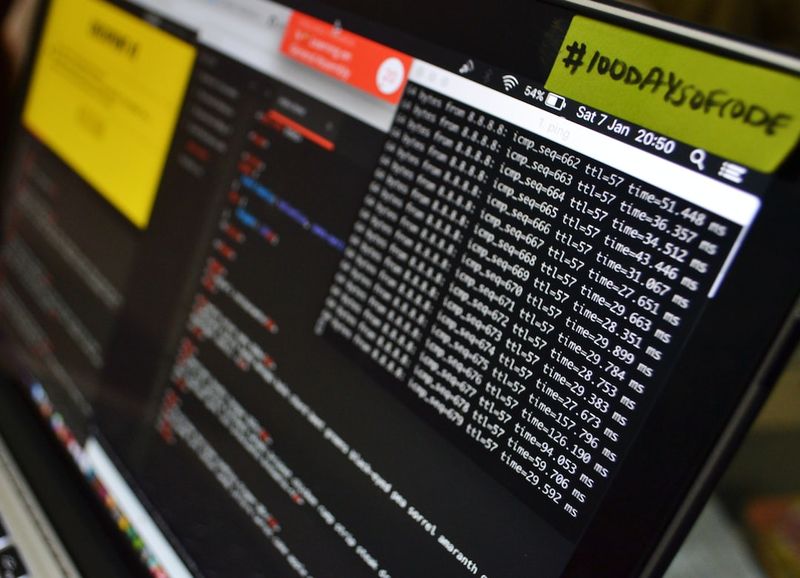The Toyota data breach highlights the urgency of prioritizing data security within the automotive industry. As automakers strive to differentiate the latest model offerings with advanced technology, the risk of cybersecurity breaches has become increasingly significant. The potential damage from such breaches goes beyond sensitive personal information; it is coupled with real-world safety implications due to the increasing push towards autonomous vehicles and connected services.
It is commendable that Toyota has taken the necessary action to fix the problem, but the breach calls for a more significant reassessment of the security infrastructure of connected vehicles. With vehicle manufacturers storing more data about drivers, more hackers will be incentivized to exploit weaknesses in the system, putting drivers’ and passengers’ safety at risk and leading to economic losses for the industry.
As the industry weighs the cost and benefits of investing in cybersecurity measures further, it is essential to prioritize proactive cybersecurity practices. This can begin with regular third-party assessments and audits of connected vehicle systems, prioritizing encryption of sensitive data, and adopting robust intrusion detection systems. Automakers must ensure that they stay ahead of potential cybersecurity threats by constantly updating their protocols and investing in robust security infrastructure.
In conclusion, the Toyota data breach serves as a wake-up call for the automotive industry to prioritize security. The industry must realize that cybersecurity threats pose real risks to both personal and corporate finances and customers’ safety. Automakers must take proactive measures to protect against such breaches by adopting secure infrastructure and keeping up with security updates. Ultimately, auto manufacturers must understand that cybersecurity is not an expense or an add-on feature but a critical aspect of delivering a quality product to their customers.

<< photo by Nikita Belokhonov >>
You might want to read !
- “The Smart Divide: Examining Public Perceptions and Mistrust of Smart City Technology”
- Australia’s Cybersecurity Strategy Needs a Comprehensive Review to Tackle Emerging Threats, Rather Than Imposing Bans on Social Media Apps
- “Revolutionizing Digital Advertising: The Application of Blockchain Technology”
- “MSI Data Breach Raises Concerns Over Cybersecurity of Private Code Signing Keys”
- Western Digital Data Breach: Another Cyberattack Highlights the Importance of Cybersecurity
- Examining the Dangerous Aftermath of the Babuk Source Code: 9 Ransomware Strains Hit VMware ESXi Systems
- “Tech Giants Join Forces to Expose Misuse of Bluetooth Trackers”
- “Modular Maritime Security Lab: The Innovative Solution to Shield Ships from Cyberthreats”
- “Revolutionizing Security: Google’s Passkeys Offer Passwordless Sign-In for Google Accounts”
- “Unveiling the Decade-Long Toyota Data Breach: Over 2 Million Vehicles in Japan Affected”




